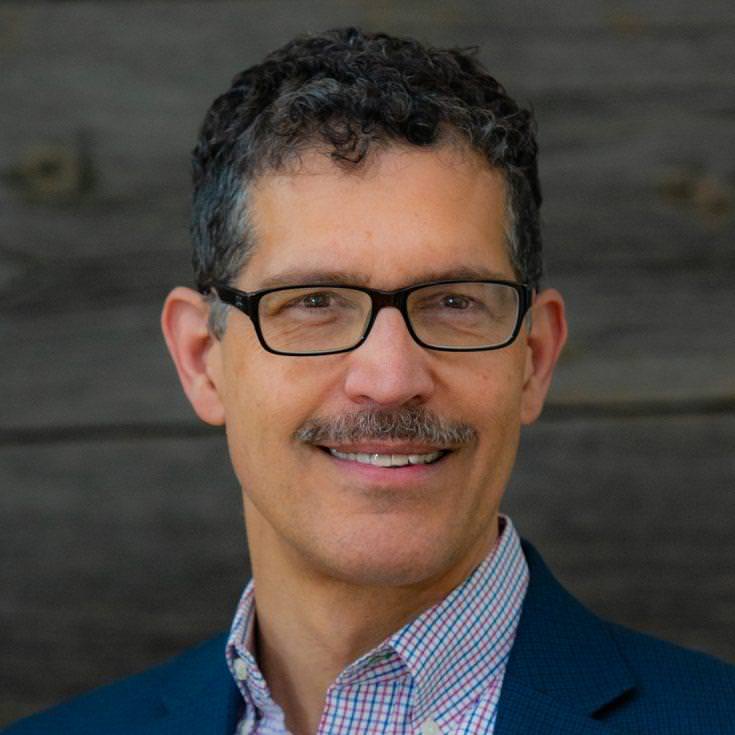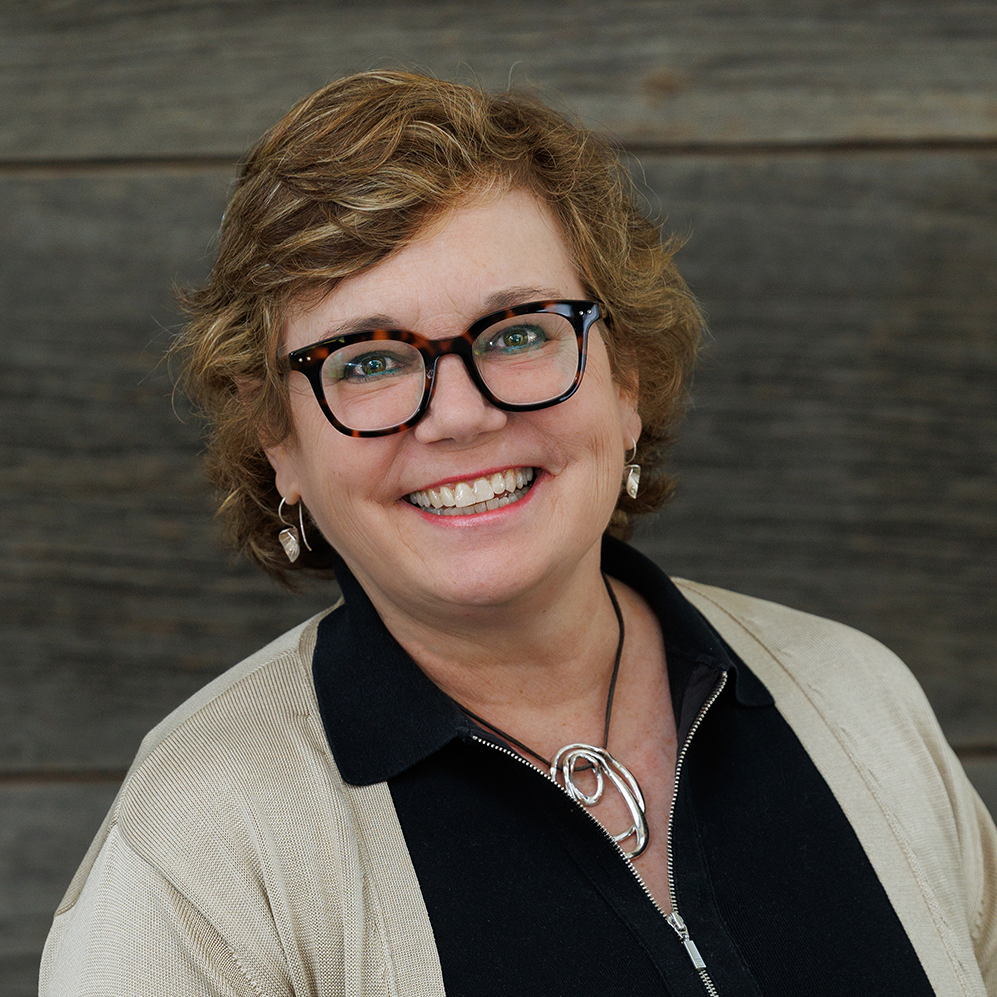Investment Strategy & Performance
As stewards of the charitable funds entrusted to us, Berkshire Taconic Community Foundation is committed to seeking the best possible returns while minimizing risk so that donors can grant more to the communities and causes they care about—now and for years to come.
Investment Performance as of December 31, 2025
| Pool | Q4 2025 | 1 Year | 3 Years | 5 Years | 7 Years | 10 Years | Assets |
|---|---|---|---|---|---|---|---|
| Managed Pool | 3.0 | 14.9 | 13.9 | 10.0 | 11.9 | 10.3 | $242.2M |
| Managed Pool Benchmark | 3.0 | 15.6 | 13.6 | 9.1 | 11.1 | 9.4 | N/A |
| Traditional 65% Equities / 35% Bond Index | 2.3 | 17.3 | 14.6 | 6.5 | 9.4 | 8.1 | N/A |
| Socially Responsible Pool | 2.2 | 16.7 | 15.9 | 7.9 | 10.4 | 8.8 | $20.2M |
| Income Pool | 1.1 | 6.6 | 5.6 | 1.7 | 3.2 | 3.1 | $1.6M |
| Minimum Risk Pool | 0.9 | 4.0 | 4.6 | 3.0 | 2.5 | 2.0 | $3.5M |
Investment Commentary & Return Detail
The Foundation’s Managed Pool is an endowment model portfolio that is diversified among public equities and fixed income investments and alternatives flexible capital (hedge fund) and private equity investments. The goal of the portfolio is to achieve strong long-term returns with lower volatility than similar marketable portfolios while maintaining the purchasing power of our endowment funds over time. Investment, consultant and custodial fees total 1.01%, and returns are reported net of managed fees.
| Asset Class (% of Allocation) | Lower Boundary | Upper Boundary |
|---|---|---|
| Global Equity (Public and Private) | 50% | 80% |
| • Global Public Equity | 35% | 65% |
| • Domestic Equity | 25% | 50% |
| • Non-U.S. Developed Equity | 7% | 20% |
| • Emerging Markets Equity | 0% | 10% |
| • Private Equity | 15% | 28% |
| Flexible Capital | 15% | 30% |
| Global Fixed Income | 0% | 20% |
| Real Assets | 0% | 10% |
| Cash | 0% | 10% |
Created in March 2009 for those individuals or organizations that want fund assets invested with an environmental, social and governance screen, that is better aligned with their values and the foundation’s mission and vision. Investment portfolio fees are 0.60%.
| Asset Class | Ranges |
|---|---|
| Global Equity | 60-85% |
| Private Equity | 0-5% |
| Flexible Capital | 0-20% |
| Real Assets | 0-20% |
| Fixed Income | 15-35% |
| Liquidity | 0-5% |
Appropriate for fundholders who seek to minimize risk and reduce volatility. This pool is invested in bond funds. The average annual investment fees are 0.46% and the allocation is 100% fixed income and cash equivalents.
View current performance
Accommodates funds that are generally short term in nature and are focused on investment of capital with minimal risk. The Money Market Pool earned 5.0% in 2024, trailing the FTSE 2 Month T-Bill returns of 5.4%.
Financial Information
Founded in 1987 with an anonymous donation of $100,000, we now manage charitable assets of $200 million. Through sophisticated investing, careful management of operating expenses and generous contributions from individuals, families and organizations, we continue to grow and serve as an enduring source of support for current and future needs.
Audited Financial Statements
2024 2023 2022 2021 2020 2019 2018
Form 990
2024 2023 2022 2021 2020 2019 2018



